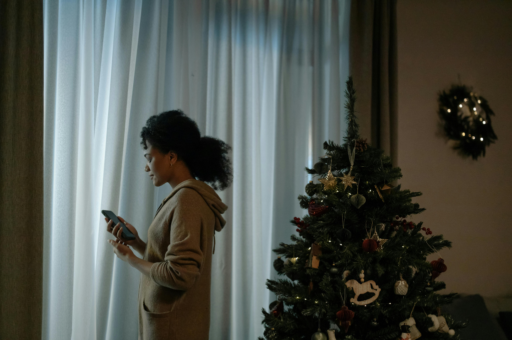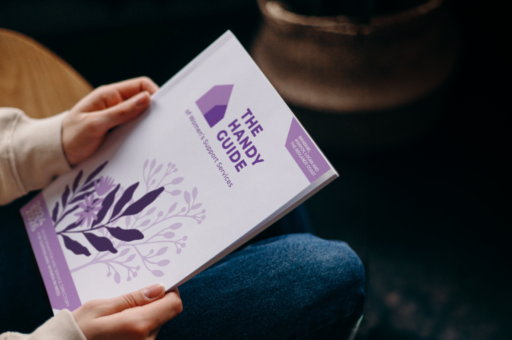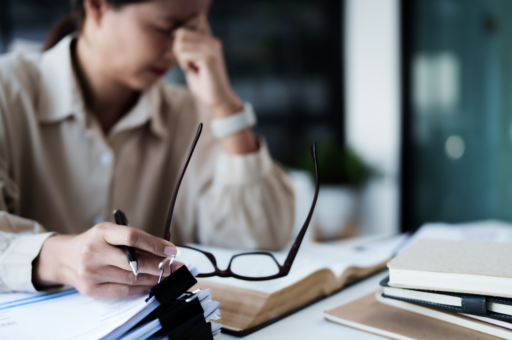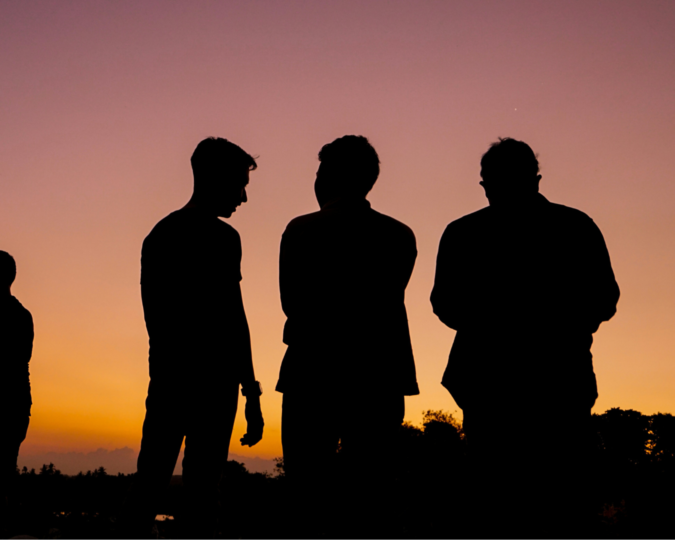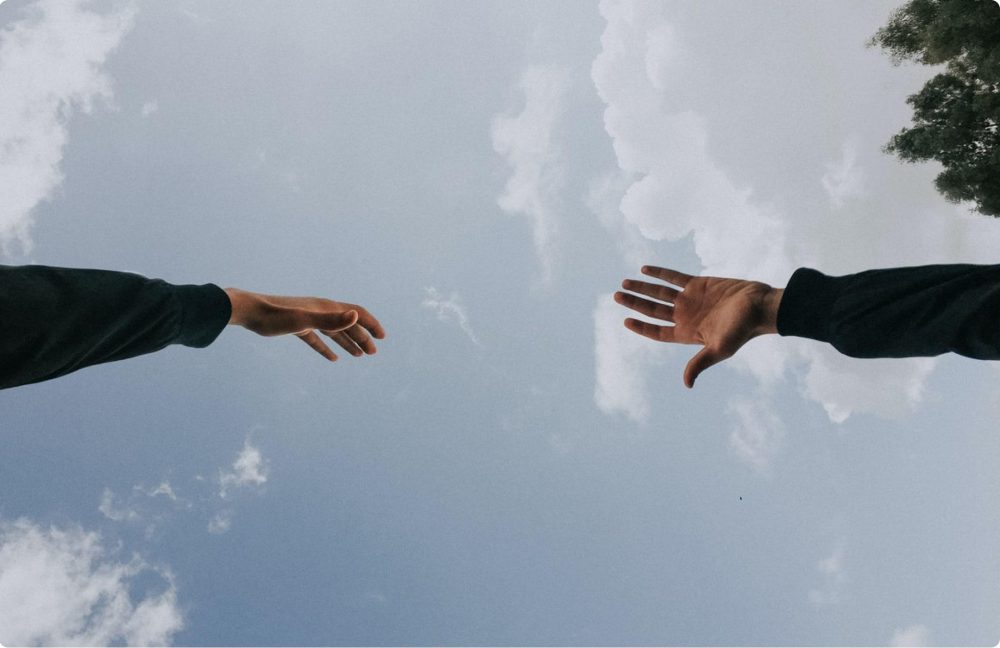
How you can help if someone you know is in an abusive relationship
Jan 04, 2022
We’ve all moaned about our significant other to our friends. But what happens when a friend tells you something truly shocking about their relationship? Or you see your friend’s phone light up with constant, abusive text messages from their partner? Or you notice your friend is anxious about their partner’s drug and alcohol use and is reluctant to return home? Whether your friend is dealing with emotional abuse, physical violence or financial manipulation, there are ways to help.
If you or your friend are in immediate danger, call Triple Zero (000).
Recognise the signs
An abusive relationship does not always involve physical violence. Emotional abuse can take the form of constant criticism, put downs, and intentionally embarrassing your friend in front of others. You may have even seen your friend’s partner do this to them. (Be careful about challenging your friend's partner in person, as it can sometimes make the situation worse.)
Abusive partners can exercise all sorts of controlling behaviour, such as isolating your friend from others, preventing them from participating in their religion or spiritual practice, controlling access to money, stalking and surveillance – whether that’s in person or on social media.
Likewise, if your friend has a partner who is controlling of their social media use, their access and use of technology, this is also considered domestic and family violence. This kind of coercive control is the most common risk factor leading up to intimate partner violence.
Be there for your friend
The first phase is listening. Let your friend speak and share their experience. Let them say whatever they want to say, uninterrupted. Give your friend your full attention. Be respectful and don’t be too quick to judge.
It’s also extremely tempting to make mean comments about your friend’s partner. Save this for your journal or notes app. Avoid putting the perpetrator down as it can make your friend feel foolish and even more isolated. Also, any kind of judgement risks them not disclosing new information.
If your friend doesn’t want to talk, let them know they are not to blame, and that domestic and family violence can happen to anyone. Reassure them that you are there if they ever want to talk. You can also suggest other folks they can confide in, such as neighbours, relatives, a family GP or a specialist counsellor.
Spring into action
The next thing is to connect your friend with resources that can help get them out of their situation. Of course, if there is an immediate threat of violence, call Triple Zero.
The Handy Guide has many excellent resources to provide women at risk and their children with safe accommodation. If your friend is a Queensland government employee, their workplace has strategies in place to support domestic violence victims, and they should check in with the HR team or search the office intranet. There’s also DVConnect Womensline on 1800 811 811 and Mensline on 1800 800 636.
Ears to helping others
Podcasts are parasocial magic, and allow you to listen in on conversations you’d never get to hear. It’s always good to know you’re not alone, and not the first person to be in this situation.
Wendy Williams of ProBono News has a six-part series, How Can I Help? In her episode on how to help a friend in an abusive relationship, she speaks with Angela Hadchiti, a domestic violence survivor and advocate, and Hayley Foster, the CEO of Rape and Domestic Violence Services Australia. It’s recommended listening.
Phone it in
You could also help your friend, if they are open to it, by disabling tracking and location services on their phone (go to settings and follow the prompts from there), so an abusive partner cannot easily find and stalk them. You can also chat with your friend about privacy settings on their social media accounts, which can help limit what posts their partner can see or comment on. They don’t necessarily have to unfriend their partner, but just limit the kind of posts they can see.
So, what’s really going on with your friend?
Being in an abusive relationship is extremely stressful and your friend might not be making the best decisions. Your friend could be withdrawn, they could be having challenges at work or school, and most likely they are experiencing low self-esteem and loss of confidence – which is why it’s important not to judge your friend or their experience.
At the end of the day
Your friend may end up staying in the relationship. This can happen out of family loyalty, financial insecurity and uncertainty about the future. For your friend, it is never easy making a big life decision like leaving their partner and their home, and there are many tumultuous consequences that can flow on from this. Be aware that placing pressure on them to leave the relationship can be an added stress point for your friend.
Circle back
If your friend has revealed they are in an abusive relationship, don’t be afraid to follow up with them. Sometimes difficult conversations are easier in person than over a text that can be misinterpreted, ignored or answered with an emoji. Ask your friend if they want to go for a walk around the neighbourhood, an evening ice-cream run or a swim at your local waterhole. The most important thing is to be there for your friend.
If you or your friend are in immediate danger, call Triple Zero (000).

